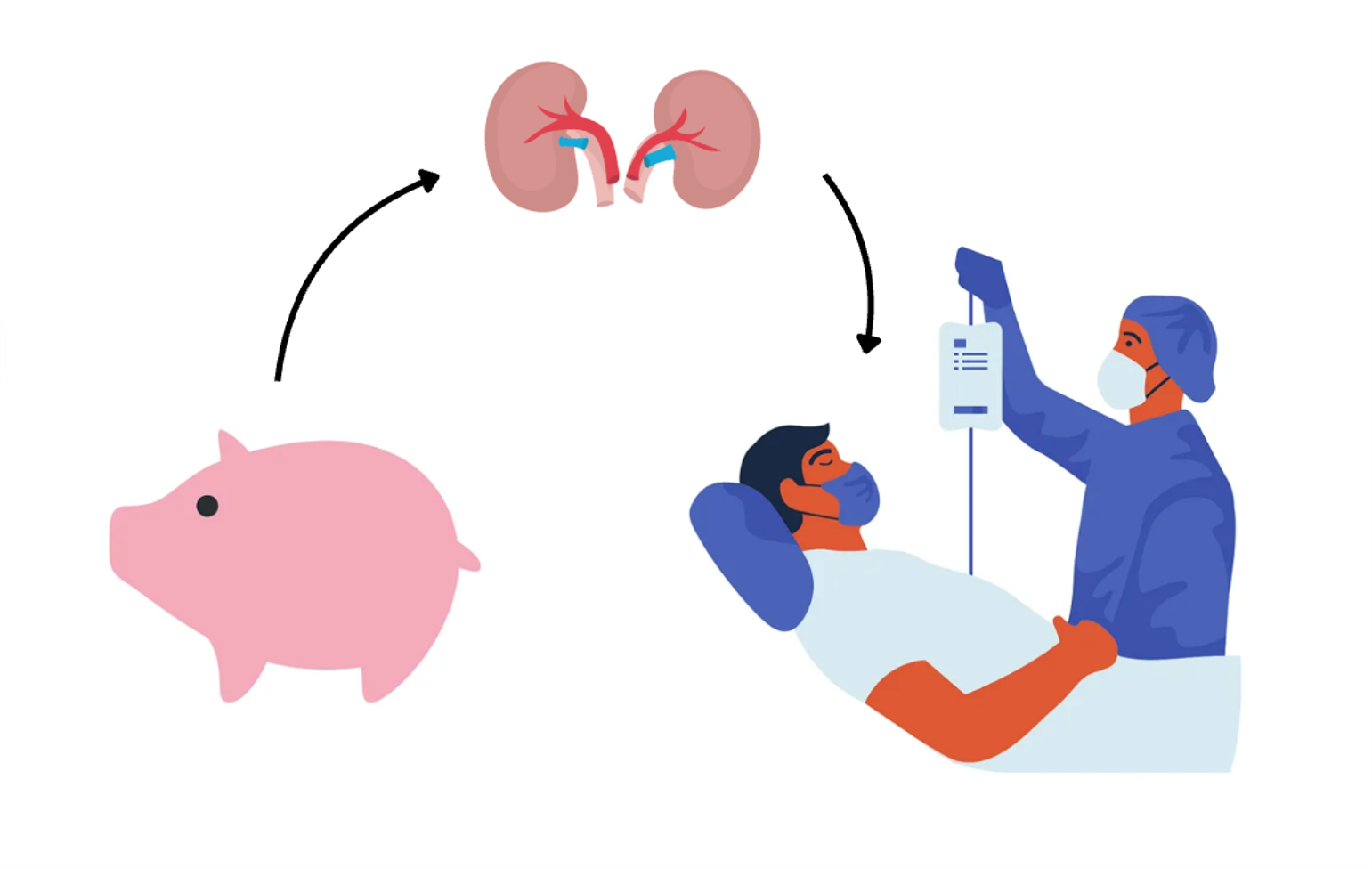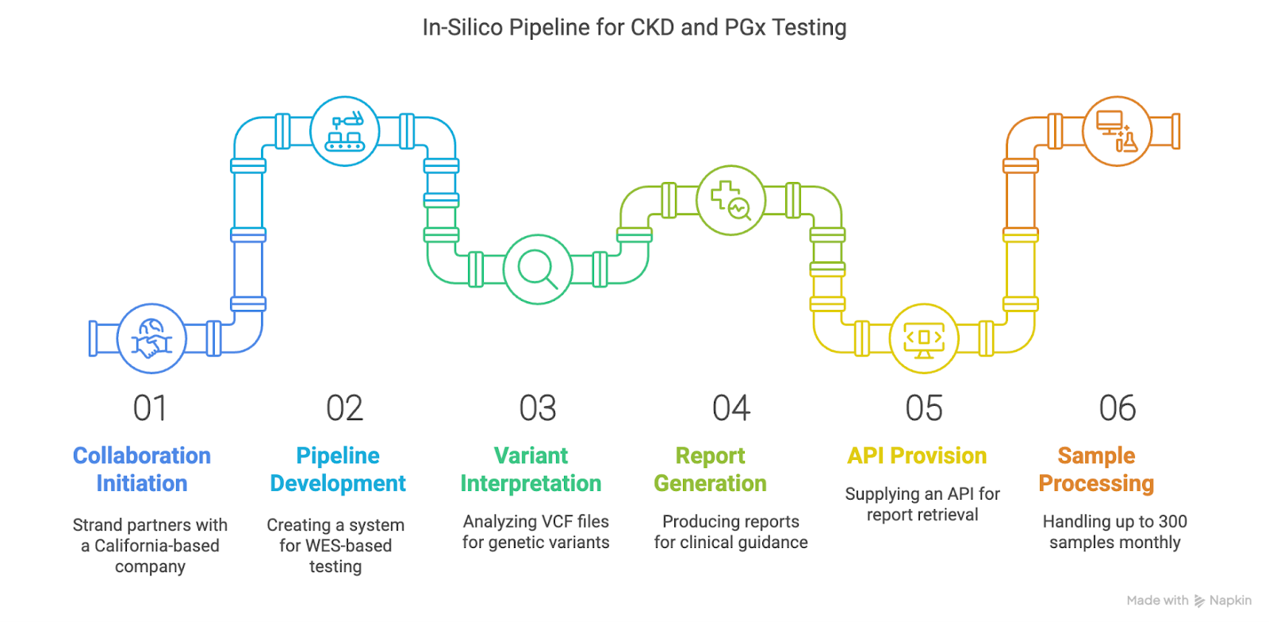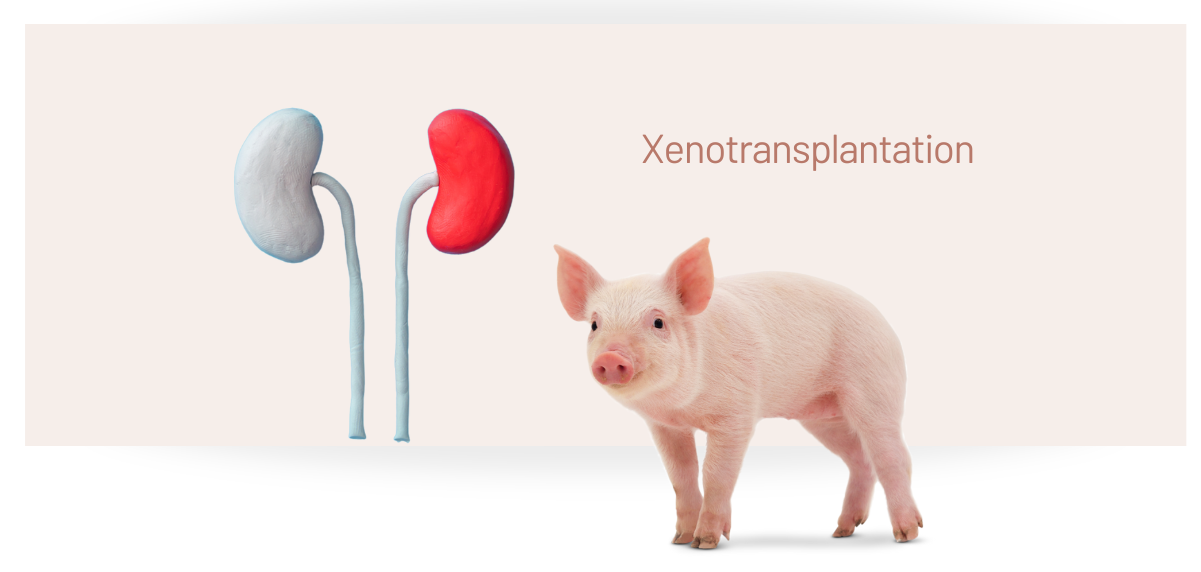Pig-to-human organ transplants sounded like something out of an episode of Star Trek, or at least Grey’s Anatomy, until very recently. However, with the advancement of research, we are seeing more and more instances involving such procedures, known as xenotransplants.
A few years ago, we wrote about the first successful heart xenotransplant to a 57-year-old heart patient who was in a coma. And last March, we saw the first successful xenotransplant using a gene-edited kidney to a 62-year-old man who was released 2 weeks post-op after the surgery was deemed a success. Unfortunately, in both cases, the patients passed away a little while later due to unrelated complications.
Recently, a 53-year-old woman was given a kidney xenotransplant from a gene-edited pig. She had donated one of her kidneys to a relative years ago and developed kidney failure a few years later due to a complication in her pregnancy. Nearly 10 years ago, she started dialysis and was put on a kidney transplant list. However, given the current backlog of viable human kidneys and a lack of appropriate matches, doctors recommended using this xenotransplant as an alternative after 8 years of waiting. She was given authorization for the procedure through the US FDA’s expanded access program. This is the first transplant to a relatively healthy individual who wasn’t eligible for human donors due to a high level of antibodies. So, the hope for success is higher; typically, xenotransplants are reserved for older patients and in the later stages of their disease, where chances of survival are lower.
Genetic analysis can serve as a sensitive and rigorous method to better understand the etiology of the disease and identify the specific cause for the renal disease at hand. Genetic screening for chronic kidney disease can substantially improve chances of transplant acceptance. Additionally, genetic tests can be performed on blood samples, referred to as a liquid biopsy.

One of the most significant concerns with such procedures is transplant rejection. After the procedure, patients may not be as receptive to the transplant as initially expected, leading to their immune system attacking the organ. Genetic analysis can serve as a sensitive and rigorous method to better understand the etiology of the disease and identify the specific cause for the renal disease at hand. Accordingly, pre- and post-transplant care can be optimized to prevent allograft failure. For instance, if primary hyperoxaluria type 1, caused by AGXT mutation, is detected before transplant, the patient can be started on pyridoxine to reduce their systemic oxalate burden and improve transplant outcomes. Genetic screening for chronic kidney disease can thus substantially improve chances of transplant acceptance. Additionally, genetic tests can be performed on blood samples, referred to as a liquid biopsy. Compared to renal biopsies, which are the mainstay for distinguishing between different types of genetic nephropathies, genetic testing is minimally invasive and, therefore, far less risky.
At Strand, we recently worked with a California-based precision medicine company that provides comprehensive healthcare services for transplant patients to create an in silico pipeline for our client’s WES based germline test which detected 59 CKD genes, and 20 PGx genes implicated in Early Stage Kidney Disease (EKSD). The pipeline includes performing variant interpretation on VCF files of individual WES samples according to their clinical indication, and generating a report that can guide the patient or clinician towards appropriate medical and pharmacogenetic considerations. Furthermore, we also provided the client with an API to enable the client to retrieve reports corresponding to each sample. This in silico pipeline is robust enough to process ~ 300 samples a month, with an average turnaround time of 2 days per sample, including automated reporting, manual curation and report signoff.

With the advent of ground-breaking procedures like xenotransplantation having such panels can lead to improved patient outcomes and better quality of life.
To learn more about Strand’s pipeline and variant curation abilities, please reach out to us at [email protected] or check us out at us.strandls.com.
Further Reading:
- https://www.technologyreview.com/2024/12/17/1108905/a-woman-in-the-us-is-the-third-person-to-receive-a-gene-edited-pig-kidney/
- https://www.nature.com/articles/s41587-024-02223-1
- https://us.strandls.com/blog/first-successful-pig-heart-transplant
- https://www.revivicor.com/technologies
- https://link.springer.com/article/10.1007/s00467-021-05141-5












